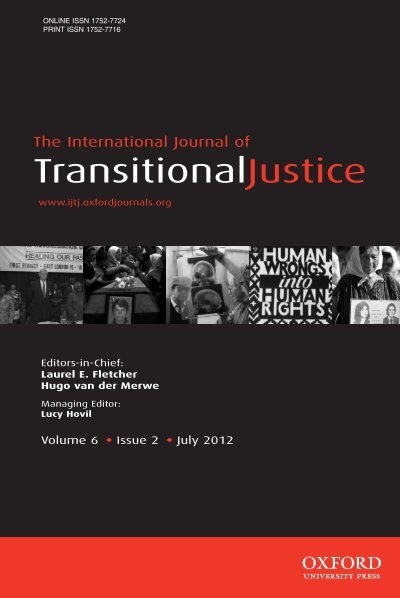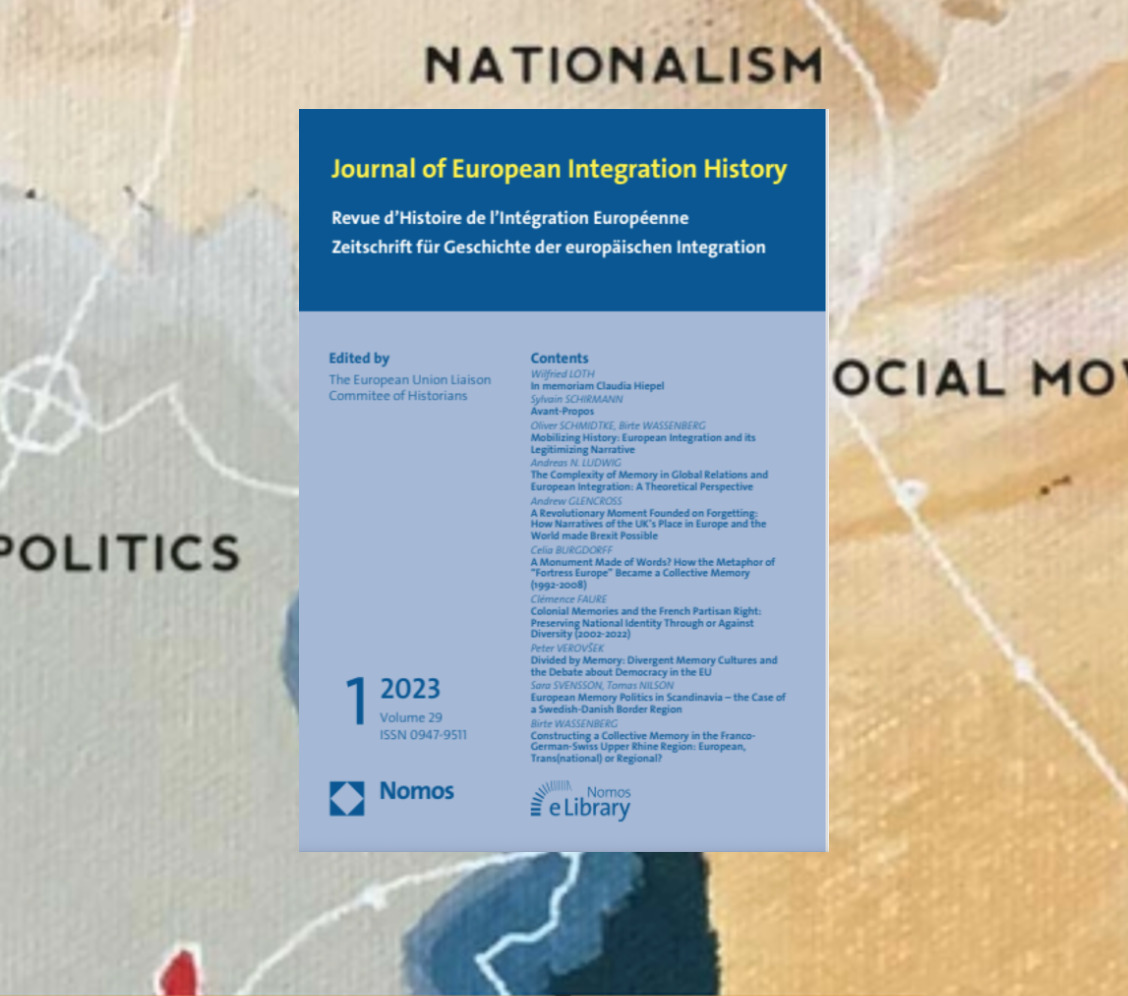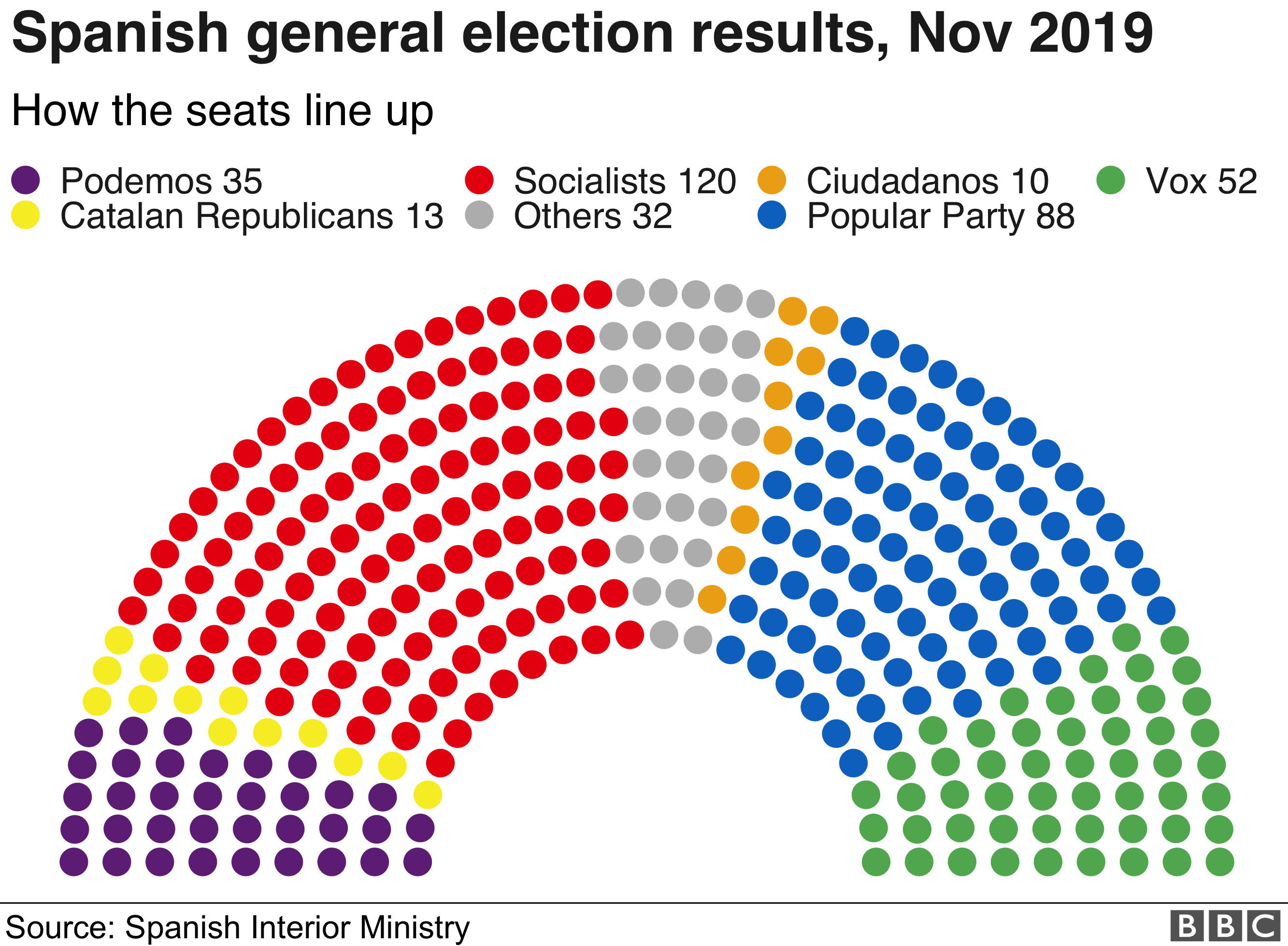Social Policy: Divergence or Convergence between Canada and Europe?
By Jane Jenson
Over the last decade, much has changed in approaches to social policy in Canada and Europe. The drivers of these changes are alterations in the political coloration of governments, as well as a rethinking within policy communities as their diagnoses of the problems have shifted. This report focuses on two issues that have preoccupied both Canadian and European policy communities: poverty and inequality and the social investment perspective for modernising social policy.13 In some cases, there has been policy convergence across the Atlantic, but the pattern is best characterised as divergence in policy directions. This is in large part because a policy dialogue on social policy directions between Canadian and European policy communities, which had been developing since the 1990s, failed to flourish in the most recent decade. In contrast, dialogue among academic researchers has remained steady and healthy, with fruitful comparisons of Canada or Quebec to European countries, and of Canada to the European Union (EU).14 Before turning to the two issues, it is worth noting that the Canadian government, like the EU, has only a few direct responsibilities in the area of social policy (Saint-Martin, 2004; Ross, 2011a; Marier, 2013). However, despite this commonality of constitutional positioning, a notable distinction between the Canadian and European stories in the last decade is the practice of each government within these constraints. In 2006, the Canadian government abandoned its traditional post-1945 position of attempting to lead, and instead left the main domains of social policy to provinces’ choices (Jenson, 2013a: 47ff.). In contrast, and during the same years, the European Union developed more constraining policy instruments, in order to shape social policy practices and outcomes in the member states (ETUI & OSE, 2015: 25ff.)Economic crisis, poverty and inequality
Throughout the ups and downs of the economy from the 1970s through the 1990s, analysts of inequality and poverty pointed to the capacity of the Canadian regime of redistribution to use taxes.
Canada-Europe-Transatlantic-Dialogue-Capstone-Report-March-2017








